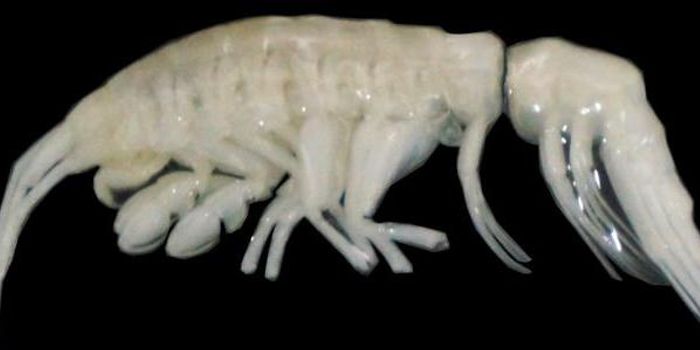New Insights Into the Unique Genetics of the Human Pancreas
Insulin regulates blood sugar, and it is made by cells in the pancreas called beta cells. Type 1 diabetes arises when something goes wrong with those cells. For example, in some cases, the immune system erroneously attacks those cells, leaving an individual without an adequate supply of insulin, which is a crucial hormone. Too much or too little insulin can lead to serious health problems. Scientists have now discovered that the gene that leads to insulin production in the human pancreas is not found in almost any other animal. The findings have been reported in Nature Genetics.
In evolution, essential genes are often maintained even as organisms change dramatically; they are said to be conserved. Thus, some crucial genes are the same in organisms that are as different as yeast, zebrafish, and humans. But obviously not all genes are conserved. Only humans and a few apes and monkeys carry a gene called ZNF808. This work has shown how crucial it can be to find accurate models for disease, or else one might learn a lot about how diabetes works in an organism like a mouse while not knowing much more about what happens in humans.
ZNF808 is a member of a protein family that has evolved relatively recently, and these proteins attach tp specific parts of DNA and deactivate them. The portions of DNA that are being bound are also relatively new in evolutionary terms, and were once considered 'junk' DNA because of their highly repetitive sequences. This study is one of many that has uncovered crucial functions for these regions.
“Our finding is really surprising. This is the only example we know of where a gene that is fundamental to the development of an organ in humans and primates is not present in other animals," noted first study author Dr. Elisa De Franco of the University of Exeter Medical School. "We think this shows that there must have been an evolutionary shift in higher primates to serve a purpose.”
“Animal research is important, but it can only tell us so much. We know there are fundamental differences between humans and other animals, such as mice which are often the subject of research in this field," added study co-author Dr. Nick Owens of the University of Exeter Medical School. The development, function, and appearance of the human pancreas is unique. "Our genetic finding could help us understand why that’s the case.”
This study was made possible by people who have been born without a pancreas. Scientists were able to examine the genomes of these individuals to reveal that they had all lost a functional ZNF808 gene. The loss of the gene was then modeled in cells in culture to show how it impaired development. The gene plays a crucial role in whether developing cells specialize into pancreas cells or liver cells.
“Nobody would have ever thought that ZNF808 played a role in pancreatic development if we hadn’t found the changes in this gene in these patients," added co-corresponding study author Professor Timo Otonkoski of the University of Helsinki. "The ultimate goal of our research is for this knowledge to be translated into being able to manipulate stem cells to produce beta cells that can produce insulin in the laboratory. That could be the key to curing type 1 diabetes.”
Sources: University of Exeter, Nature Genetics









